Picture this: You're about to send a message, and suddenly, your brain's like, "What if they think it's weird?" or "Did I phrase that right?"
Your heart's pounding, your palms are sweaty — it's just a text, but it feels like a life-or-death situation!

Sound familiar? You're not alone — anxiety can sneak up on the best of us.
The good news is that with practice, you can identify anxiety-driven behaviors, understand their causes, and develop effective coping skills.
Did you know?
What is Anxiety?
Anxiety is like your brain's annoying alarm system, going off when you're stressed or facing something new. It’s that jittery, uneasy feeling about what’s next.
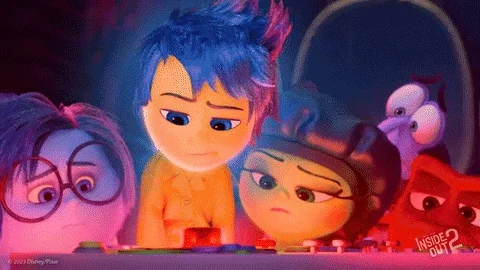
You might notice your heart racing, sweaty palms, shaky hands, or even your mind going blank.
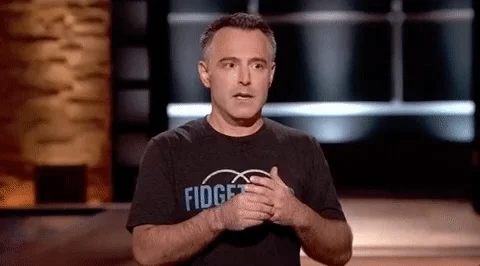
According to the American Psychological Association (APA), anxiety often comes with physical symptoms such as:
Increased heart rate
Sweating
Trembling
Difficulty concentrating
It can show up in different forms, including:
Generalized anxiety disorder (GAD)
Panic disorder
Social anxiety disorder
Specific phobias
While everyone experiences these symptoms occasionally, it’s important to take steps to manage them effectively if they happen too frequently.

What Causes Anxiety?
Anxiety can be caused by a variety of factors, including:
Genetics: Family history of anxiety disorders can increase the risk.
Brain chemistry: Imbalances in neurotransmitters such as serotonin and dopamine can contribute to anxiety.
Environmental stress: Traumatic events, chronic stress, or significant life changes can trigger anxiety.
Medical conditions: Some health issues, like thyroid problems or irregular heartbeats, can cause anxiety symptoms.
Did you know?
Identify the Signs
Anxiety can be both physical and mental. It can impact daily routines and overall living.
On the physical side, signs like feeling dizzy or having a racing heart can make simple tasks like going to work or hanging out with friends feel overwhelming.

On the mental side, signs like constant worry and restlessness can leave you feeling on edge and unable to focus.
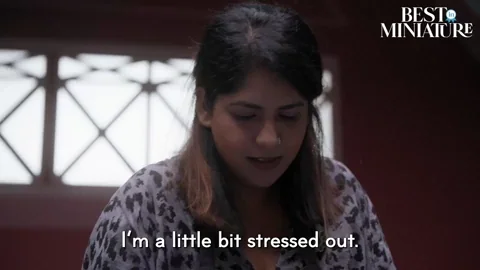
These symptoms can sneak into every part of your life, from work to social events, making everything challenging.
Quiz
Kristen is a 29-year-old marketing professional who often feels overwhelmed during meetings. She experiences dizziness, a racing heart, constant worry, and restlessness. How might anxiety impact her daily routines and work life? Select all that apply:
Physical Signs of Anxiety
Anxiety triggers the body's natural survival response to deal with perceived threats.
This response is controlled by the autonomic nervous system, specifically the sympathetic nervous system.
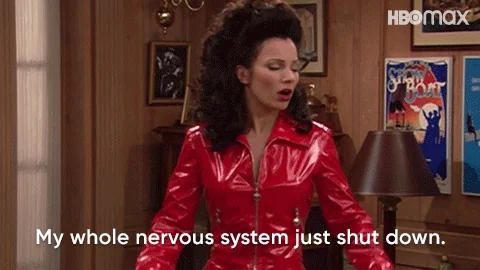
When a person experiences anxiety, their body releases stress hormones like adrenaline and cortisol. These hormones cause a variety of physical changes, such as:

Dizziness and Headaches
Feeling lightheaded or faint
Frequent or severe headaches
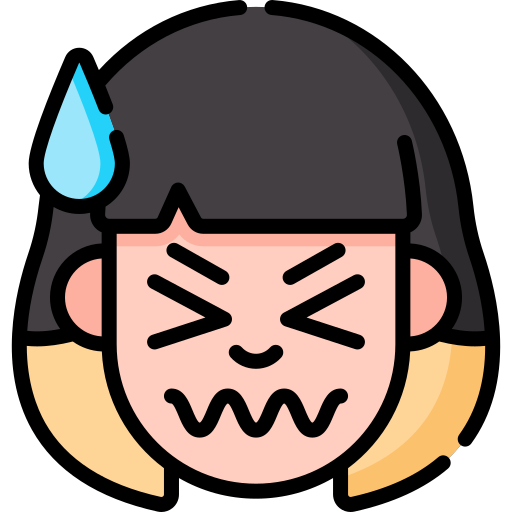
Sweating
Sweating heavily, especially in stressful situations
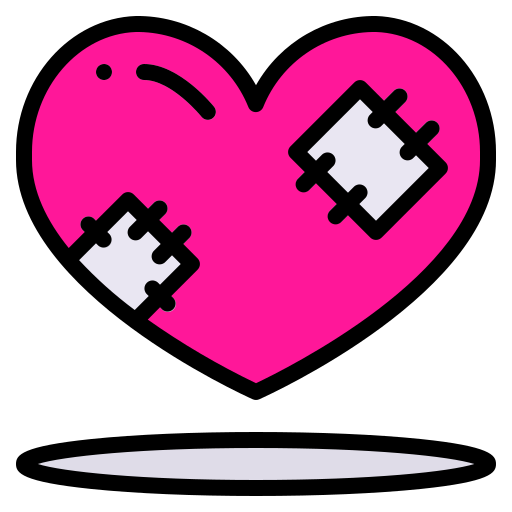
Heart Racing
Having a rapid heartbeat or palpitations (irregular heart beats)
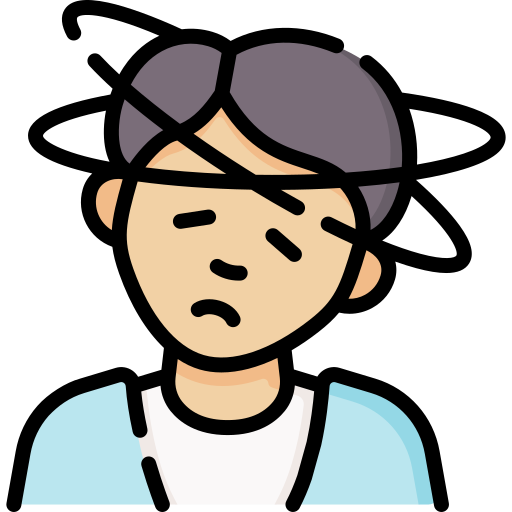
Nausea
Feeling queasy or having an upset stomach
These reactions can trigger a "fight-or-flight" response. They prepare your body to face a perceived threat, even if it isn't real.
Did you know?
Subscribe for more quick bites of learning delivered to your inbox.
Unsubscribe anytime. No spam. 🙂
Mental Signs of Anxiety
Mental symptoms of anxiety can interfere with your ability to focus and maintain emotional stability.
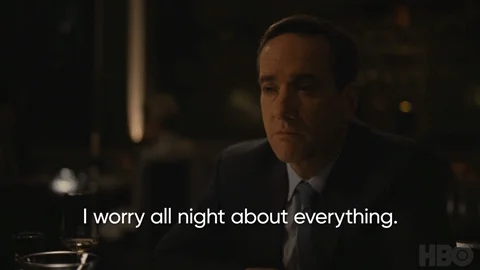
These mental signs can sneak into every part of your life, from work to social events, making everything challenging. These signs can include:
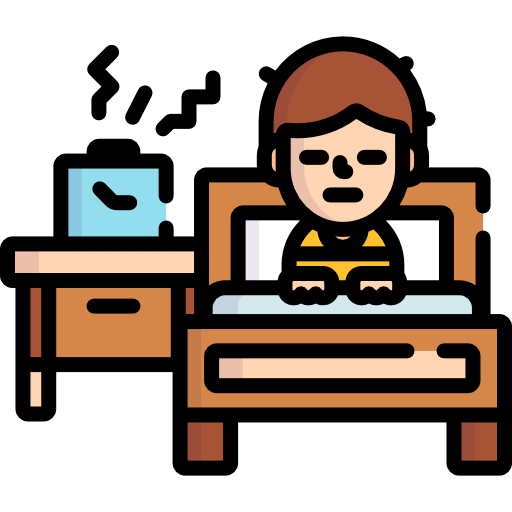
Restlessness
Having difficulty staying still or feeling on edge
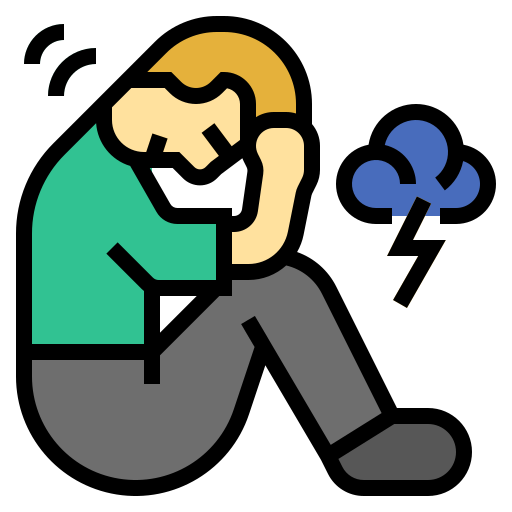
Low Mood
Feeling down or experiencing symptoms of depression
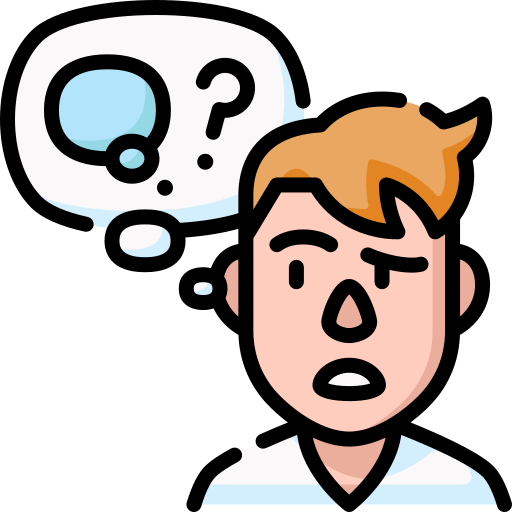
Distracted Thinking
Struggling to concentrate or experiencing racing thoughts
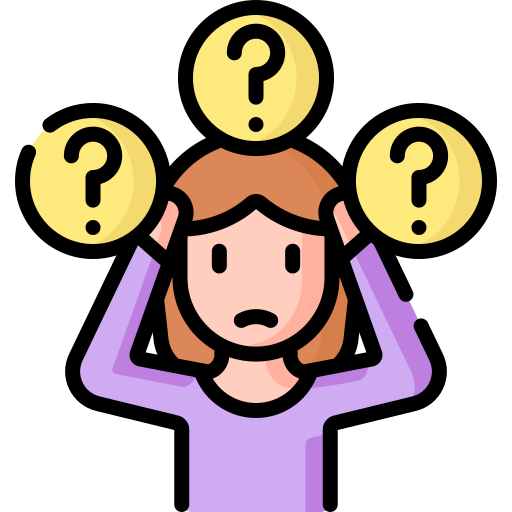
Constant Worry
Feeling persistently anxious about life
Did you know?
Types of Anxiety Disorders
Wait!!
There are different anxiety disorders?
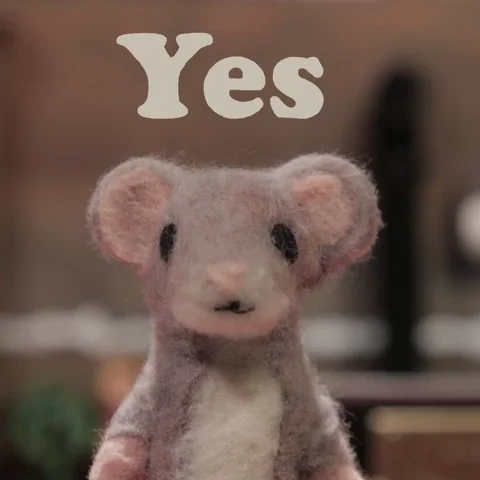
Generalized Anxiety Disorder (GAD)
What is it? Constant worry about everyday things making it hard to focus on anything else.
Imagine constantly stressing over minor issues like work or relationships, even when there's no immediate reason to worry.
Panic Disorder
What is it? Sudden, intense panic attacks with physical symptoms like a racing heart and shortness of breath.
Think of experiencing a sudden, overwhelming fear that feels like a heart attack out of nowhere.
Social Anxiety Disorder
What is it? Extreme fear of social interactions leads to avoiding social situations.
Picture dreading parties or public speaking because of the fear of being judged or embarrassed.
Specific Phobia
What is it? Intense fear of a particular object or situation.
Imagine freaking out at the sight of a spider or the thought of flying.
Obsessive-Compulsive Disorder (OCD)
What is it? Repetitive, unwanted thoughts (obsessions) and behaviors (compulsions).
Think about feeling the need to wash your hands repeatedly to avoid germs.
Post-Traumatic Stress Disorder (PTSD)
What is it? Anxiety following a traumatic event, with symptoms like flashbacks and severe anxiety.
Picture reliving a traumatic event like a car accident whenever you hear loud noises.
Manage the Symptoms
Now that you can identify the signs of anxiety, it's time to manage the symptoms.
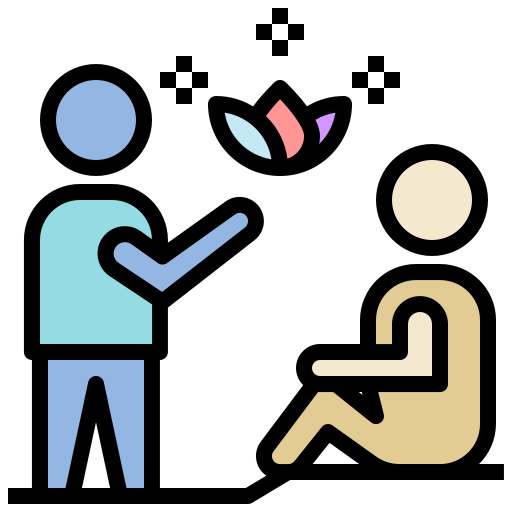
Seek Professional Help
If anxiety feels unmanageable, consult a therapist, counselor, or doctor for personalized treatment plans, including therapy and medication.
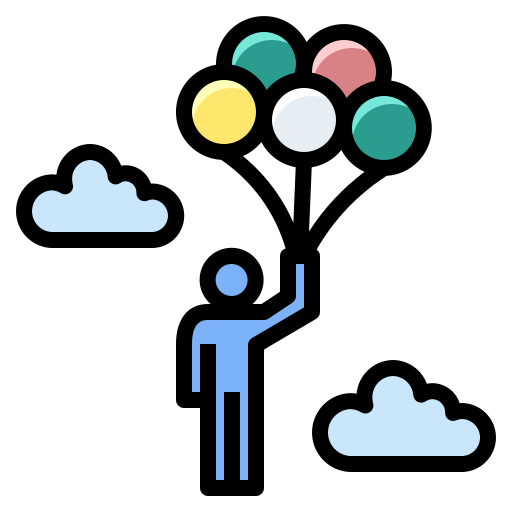
Talk with a Support Person
You can choose a friend, family member, or coworker you feel comfortable confiding in.
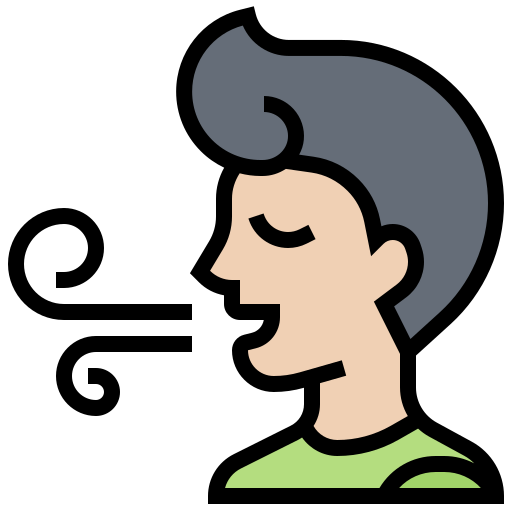 Practice Coping Strategies
Practice Coping Strategies
Stay present and reduce anxiety with deep breathing exercises. Breathe slowly through your nose, hold for a few seconds, then exhale slowly through your mouth.
Practice grounding strategies. Focus on your physical surroundings to stay present. For example, name something you can see, hear, smell, and taste!
Practice cognitive distancing. This is a CBT (cognitive behavioral therapy) exercise where you recognize anxious thoughts and picture them as clouds drifting away, reminding yourself that thoughts are temporary.
Quiz
Today, you feel overwhelmed and your anxiety is unmanageable. What should you try? Select all that apply:
Did you know?
Create A Plan
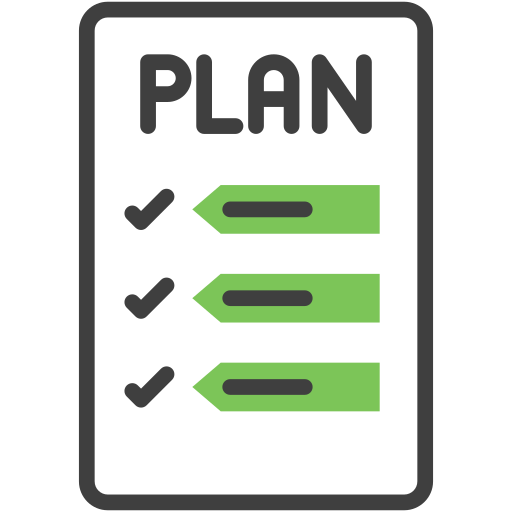
Identify Triggers
Keep a log of situations that trigger your anxiety.
Look for common themes or patterns in your log to identify your primary anxiety triggers.
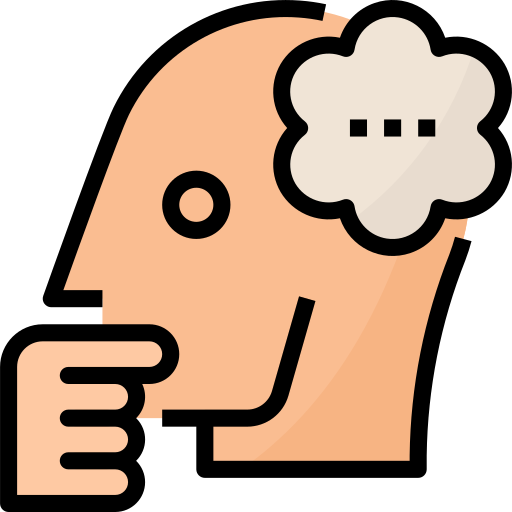
Set Realistic Goals
Set achievable, short-term goals to manage your anxiety triggers. For example, if social situations trigger anxiety, aim to attend a small gathering before a larger event.
Develop long-term goals to reduce overall anxiety.
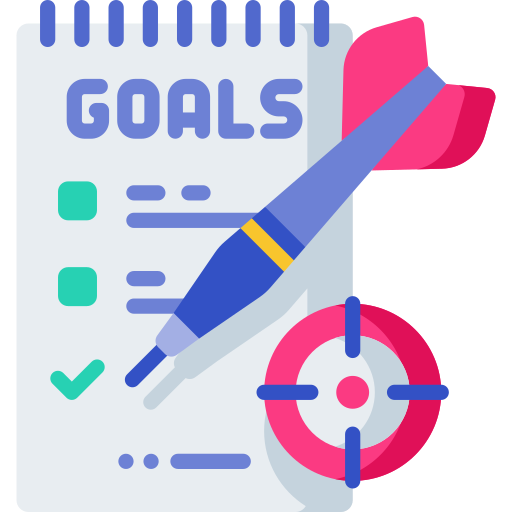
Develop a Routine
Maintain a consistent daily routine to provide structure and predictability, which can reduce anxiety. This includes regular sleep patterns, meal times, and exercise routines.
Try activities that promote relaxation and well-being, such as hobbies, exercise, and spending time with loved ones.
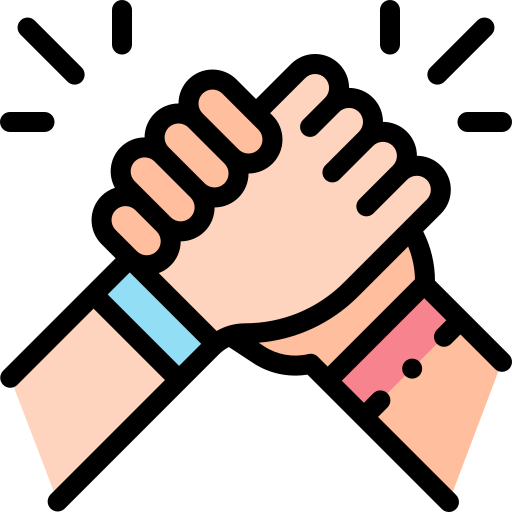
Build a Support Network
Surround yourself with supportive friends, family, or colleagues who understand your anxiety.
Participate in support groups where you can share experiences.
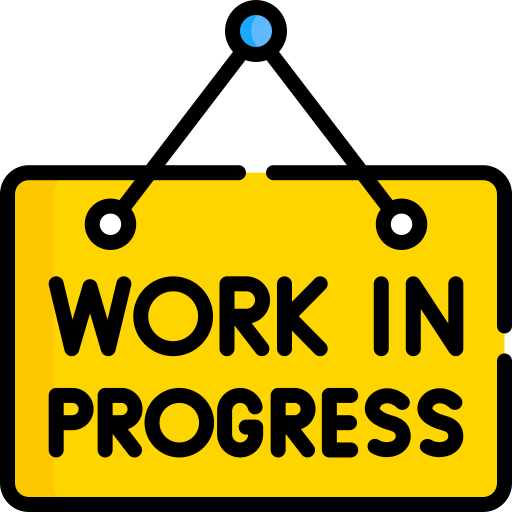
Prepare for Setbacks
Understand that setbacks are a natural part of managing anxiety.

Remember: progress, not perfection! Managing anxiety is difficult, and it's important to recognize each small step forward. Be patient with yourself and give yourself credit for the progress you make.
Did you know?
Take Action

You're now ready to spot anxiety, use coping strategies, and manage it with your plan. Take action, stay consistent, and live your best life. You've got this!
Your feedback matters to us.
This Byte helped me better understand the topic.
